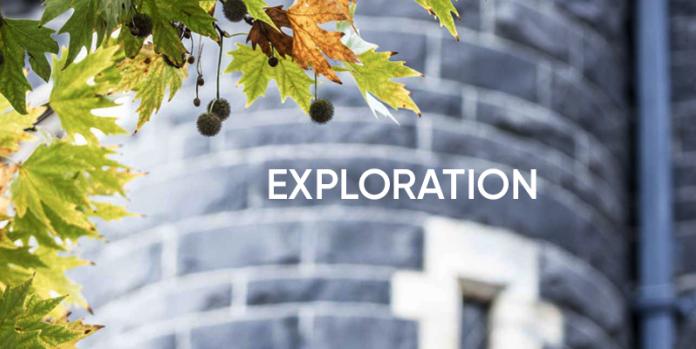Director of Outdoor Education, Simon Finnigan, explains why skill acquisition is only a small part of outdoor education.
At the heart of any outdoor education program is an ability for students to have respect for themselves, other people and the environment they are journeying through. But there’s also more that outdoor education can offer, particularly in terms of personal and social development, skill acquisition and cross-disciplinary learning.
When we participate in outdoor education experiences, we operate in a different way than in our everyday lives. For example, we don’t have the same time restrictions on our activities. Everything from the way we prepare food, to the way we deal with the weather, make decisions and work together as a group is different. These differences mean we have new opportunities to develop our capacities to be more empathetic, supportive, willing to ask for help when we need it, and willing to lead and follow.
Looking at the way we make decisions as a group in the outdoors provides a good example of how these differences function. To ensure the needs of all members of our group are taken into account as we move through the environment, we need to make decisions in a way that’s collaborative, taking the skills and ability levels of all students into account so no-one is disadvantaged. We need to ask ourselves: How do we make sure we hear the voice of each person here?
The student-led aspect of outdoor education is also important in terms of self-development. On some of my most memorable trips, I’ve become a participant after the third or fourth day, rather than a leader, teacher or facilitator. As the students become more autonomous they start to learn how to support one another, set up their own group conversations, debrief, organise their schedule and take responsibility for the tasks that need to be done.
Spending time in a dynamic environment where we face changeable weather and don’t have the luxury of seeking refuge at a moment’s notice is another opportunity for self-development. This shows us how we respond in situations that are out of our control, teaching us to make good decisions in relation to risk and to be flexible and adaptable as we deal with the challenges that are thrown at us.
There’s also a mental health aspect at work here. Being in nature is a chance to switch off, reset and re-calibrate without the many day-to-day distractions that keep us busy. It’s a chance to change the way we see ourselves—what we’re capable of and who we are as part of a group—away from the baggage of our normal lives, which can have huge positive impacts in terms of self-perception and self-esteem. Students can come back from an outdoor education experience with changed perspectives and new understandings about themselves, which can be a catalyst for positive change.
For me, the provision of experiences that allow students to develop social and personal competencies—resilience, perseverance, independence, collaboration—is one of the central roles of outdoor education. The challenges and achievements students experience in nature are important not only for their more structured life back at school, but for their lives as a whole.
Simon Finnigan Director of Outdoor Education
